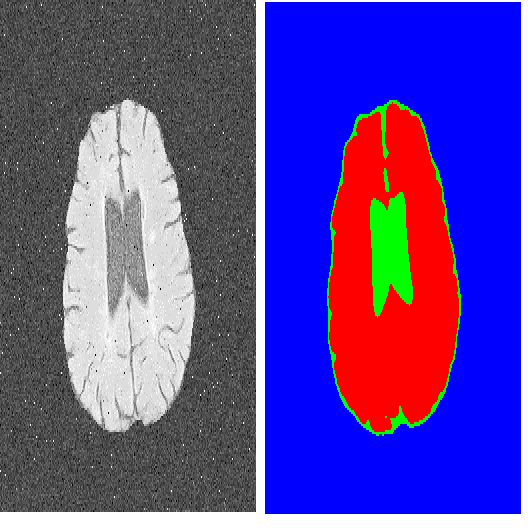Deep segmentation models often face the failure risks when the testing image presents unseen distributions. Improving model robustness against these risks is crucial for the large-scale clinical application of deep models. In this study, inspired by human learning cycle, we propose a novel online reflective learning framework (RefSeg) to improve segmentation robustness. Based on the reflection-on-action conception, our RefSeg firstly drives the deep model to take action to obtain semantic segmentation. Then, RefSeg triggers the model to reflect itself. Because making deep models realize their segmentation failures during testing is challenging, RefSeg synthesizes a realistic proxy image from the semantic mask to help deep models build intuitive and effective reflections. This proxy translates and emphasizes the segmentation flaws. By maximizing the structural similarity between the raw input and the proxy, the reflection-on-action loop is closed with segmentation robustness improved. RefSeg runs in the testing phase and is general for segmentation models. Extensive validation on three medical image segmentation tasks with a public cardiac MR dataset and two in-house large ultrasound datasets show that our RefSeg remarkably improves model robustness and reports state-of-the-art performance over strong competitors.
翻译:当测试图像显示看不见的分布时,深层分解模型往往面临失败风险。 改进模型的稳健性对于深海模型的大规模临床应用至关重要。 在本研究中,在人类学习周期的启发下,我们提出一个新的在线反射学习框架(RefSeg),以提高分解的稳健性。基于反反演概念,我们的RefSeg首先驱动深深层模型采取行动以获得语义分解。然后, RefSeg触发模型以自我反射。因为深层模型在测试中发现其分解失败是具有挑战性的,RefSeg从语义遮罩中合成了一个现实的代理图像,以帮助深层模型建立直观和有效的反省。这个代理翻译和强调分解缺陷。通过最大程度的原始投入和代理之间的结构相似性,反演反演回圈随着分解的稳健性而关闭。 Refeg在测试阶段运行,对分解模型进行一般性的模型。 在三种医学图像分解任务上进行广泛的验证,使用公共心心调数据元模和两部强的超强的超级运行报告。




